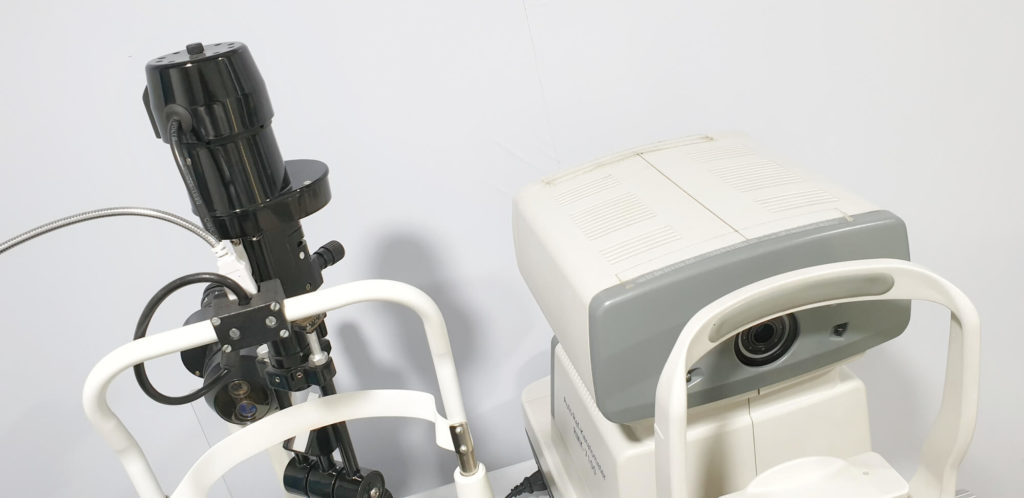Getting regular eye exams is one of the best forms of preventive care for your vision and eyes. By going to your optometrist for a comprehensive eye exam, you can detect health problems early on. It is worth mentioning that several eye conditions – potentially blinding ones – do not have early symptoms.
An ophthalmologist or optometrist can diagnose some serious systemic diseases before they get worse. This is why it’s important to have at least one complete eye examination each year. Here are some main reasons why regular eye exams are important.
What is an Eye Exam?
Different from vision screenings, an eye exam tests your vision and eyes. An optometrist will perform it to check your optical health. During an eye exam, each eye will be examined for signs and symptoms of serious eye issues, like glaucoma, macular degeneration, cataracts, and detached retinas.
Eye Diseases
The National Eye Institute has revealed that many Americans have been diagnosed with these eye diseases and vision issues:
- Seven million have diabetic retinopathy
- Seven million have glaucoma
- One million suffer from age-related macular degeneration, and
- 24 million have cataracts
Some eye diseases don’t exhibit early warning signs. And by the time you observe a considerable difference in your vision, the disease may progress to an advanced stage. However, your optometrist can detect early signs of these diseases during a comprehensive annual exam.
Sun Damage
Every day you are exposed to harmful UV sun rays. Although sun damage is often more closely linked to skin cancer, keep in mind that the threat to your eyes is equally significant.
Wearing sunglasses that block UV light is important. However, your annual eye exam is important as it screens for the potential risk from sun exposure, such as macular degeneration and cataracts.
Other Serious Health Problems
In addition to screening for various eye diseases, your eye doctor may detect some early signs of various other medical problems or health conditions that require attention
You may be surprised to know that many people first learn that they have serious health conditions, like diabetes, high cholesterol, high blood pressure, and even cancer from a routine eye exam.
Vision Correction
Vision problems, such as farsightedness, nearsightedness, or astigmatism, require frequent check-ups with your optometrist. First, you would like to make sure that your prescription is up to date and you are seeing as well as possible. Second, if you use contacts, your eye doctor has to carefully monitor the health of your eyes. There is no denying that wearing contacts has certain risks.
They can interfere with your lubricating glands and reduce the amount of oxygen to the surface of your eye. Your optometrist needs to see you in order to make sure everything is working normally and that your tear film and eyes are healthy.
Schedule Regular Eye Exams
Even if you believe that you have perfect vision, regular eye exams can be the best thing you can do for protecting the overall health and wellness of you and your loved ones.




